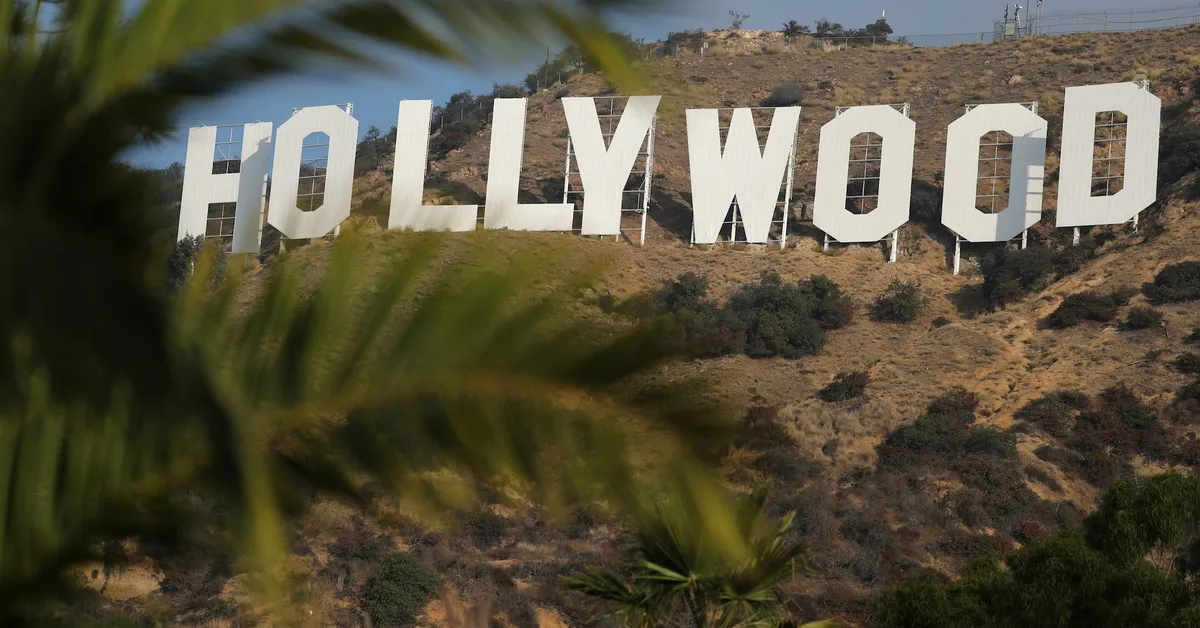
President Donald Trump announced on Monday that he intends to impose a 100% tariff on all films produced overseas and imported into the United States. This statement echoes a previous threat made in May and signals a potential shift in trade policy that could significantly disrupt Hollywood's global business model. By extending protectionist trade measures to the cultural sector, Trump is raising concerns for studios that heavily rely on international co-productions and cross-border box-office revenue.
In a post on his Truth Social platform, Trump expressed his belief that the American movie industry has been unfairly taken advantage of by foreign countries, likening the situation to "stealing candy from a baby." However, the legal framework under which Trump plans to implement this 100% tariff remains unclear, and the White House has not responded to requests for clarification on this matter.
Paolo Pescatore, an analyst at PP Foresight, commented on the uncertainty surrounding this announcement, stating, "There is too much uncertainty, and this latest move raises more questions than answers." He further noted that should the tariffs be enacted, costs for consumers are likely to increase as studios pass on the financial burden.
The idea of a movie tariff was first brought to light by Trump in May, but specifics on how it would be applied remain vague. Studio executives have voiced their confusion regarding the enforcement of such a tariff, especially considering that modern film production often involves collaboration across multiple countries, including production, financing, post-production, and visual effects.
Hollywood has increasingly turned to overseas production hubs such as Canada, the UK, and Australia. These locations offer attractive tax incentives that entice filmmakers to shoot big-budget films, from superhero franchises to streaming series. Furthermore, co-productions with foreign studios have become a common practice, particularly in Asia and Europe, where local partners contribute financing, market access, and distribution networks.
Industry leaders have raised alarms that a broad tariff could negatively affect the thousands of U.S. workers employed in overseas film shoots. This includes a diverse range of professionals—from visual effects artists to production crews—whose jobs are often coordinated across multiple nations. The repercussions of such a policy could extend beyond just Hollywood, potentially impacting many individuals reliant on the global film ecosystem.
As the situation continues to evolve, the entertainment industry is left grappling with uncertainty regarding the future of international film production and trade relations. With Trump's administration poised to alter the landscape of film imports, stakeholders will be watching closely to see how this plays out in the coming weeks.
Reporting by Akash Sriram and Harshita Mary Varghese in Bengaluru; Editing by Shilpi Majumdar.